- Learning time
- 90 minutes
- First play time
- 180 minutes
Alchemists
Designed by:
In Alchemists you are the experimenters of the title: living in a fantasy-type world where you combine frog and feather in your lab to create potions, which you then sell to adventurers. But as well as the day-to-day of foraging for ingredients and seeing how they combine into magical elixir, you’re also busy in your ‘lab’ – secretly trying to figure out the alchemical representation of each of the games’ eight ingredients.
The game is best played with the (free) app, which will randomly and secretly assign the 8 alchemicals to their matching ingredients before play begins. In each of the six rounds, you can use your action cubes to do several things: forage for ingredients, transmute ingredients into gold, sell potions to adventurers, buy artefacts (powerful game-changing cards), test potions (on a student, or on yourself) and, as the game continues, either publish theories: where you confidently, or nervously, pronounce your discovery the alchemical match for a particular ingredient. Doing so improves your reputation, and ultimately the winner of the game will be the player with the greatest rep. But beware – theories can also be debunked, so bluffing is a dangerous tactic.
The real heart of Alchemists is the deduction process. Hidden behind your own screen are your ingredients and components showing how you have experimented, and what you’ve made. You keep track of the results here, and slowly piece together what you know: when two ingredients combine for a potion, their alchemicals match in a particular way, so although you might not immediately know what their alchemicals are, you get some information as to which alchemicals they can’t be, and get a little closer to publishing a theory.
There’s a lot more going on in Alchemists than we can cover here – including a more complex Master game if the Apprentice version isn’t enough for you – but that’s the essence: a race to publish correct theories, and a kind-of race – if you choose to risk it – of publishing possibly inaccurate ones too. All of it stitched together in the round by round selection of actions which itself can’t be taken too lightly. At the end of the game, all alchemicals are revealed and all theories or validated: points! …or instantly disproved: minus points!
The guru's verdict
-
Take That!
Take That!
There's a bit of Take That here. You can have your theories debunked, and be beaten to the punch when publishing (or debunking) a theory. Turn order is important, and each round players jostle for position. Selling potions also contains a competitive element: selling first is potentially more rewarding.
-
Fidget Factor!
Fidget Factor!
It will be pretty high on that first play (or two) as you get your head around the deductive elements, which is a mite harder to grasp than the day-to-day business on the board.
-
Brain Burn!
Brain Burn!
It depends how academically minded you are. The actions on the board, though it looks busy, are deceptively simple. The deduction element is a far cry from Cluedo, and this is a game that asks you to give your brain a work-out.
-
Again Again!
Again Again!
The app means every time you play the game the alchemicals are scrambled, so the deduction element always remains fresh.



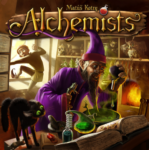
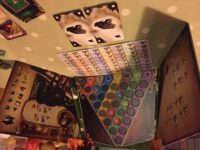
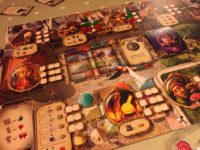
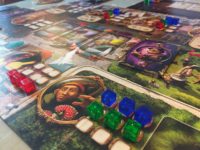


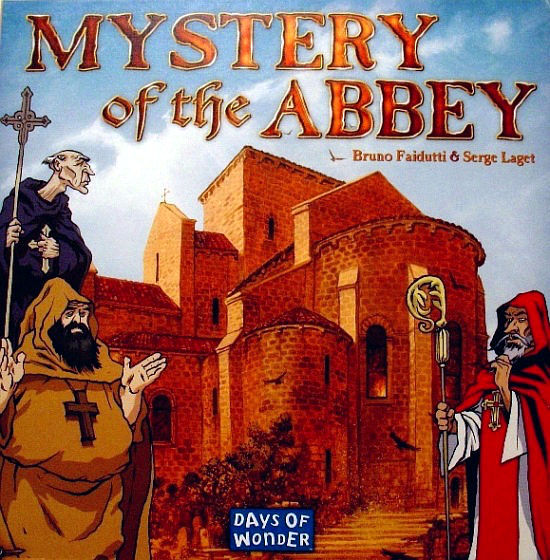

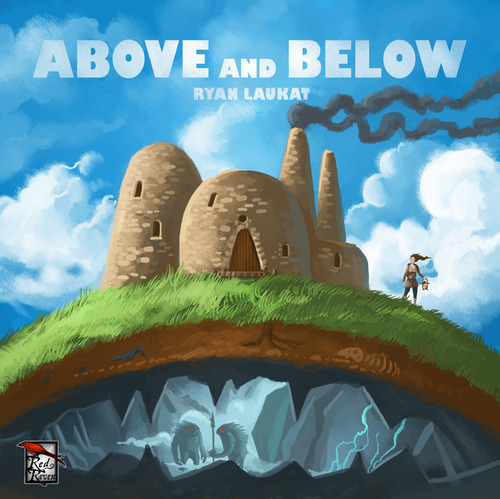
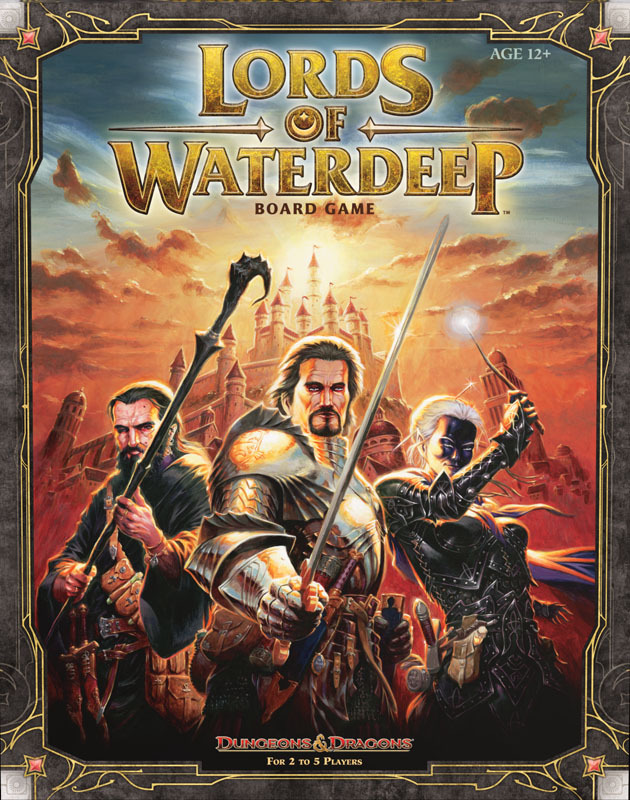

Sam says
As someone not academically inclined, I found the rules explaining the alchemicals made my brain go fuzzy. Playing the game brought most of it into focus, but I still made errors in my deductive reasoning - and in fact, all of us managed to propose inaccurate theories. But getting it wrong is part of the fun: Alchemists isn't all about dry academia, but pushing your luck, or playing it - you hope - safe, when you hold back from publishing your own theory and merely endorse others. There's a big learning curve with this one, and even more to it than we have room to explain here, but if you're willing to go through it there's a game with much depth.